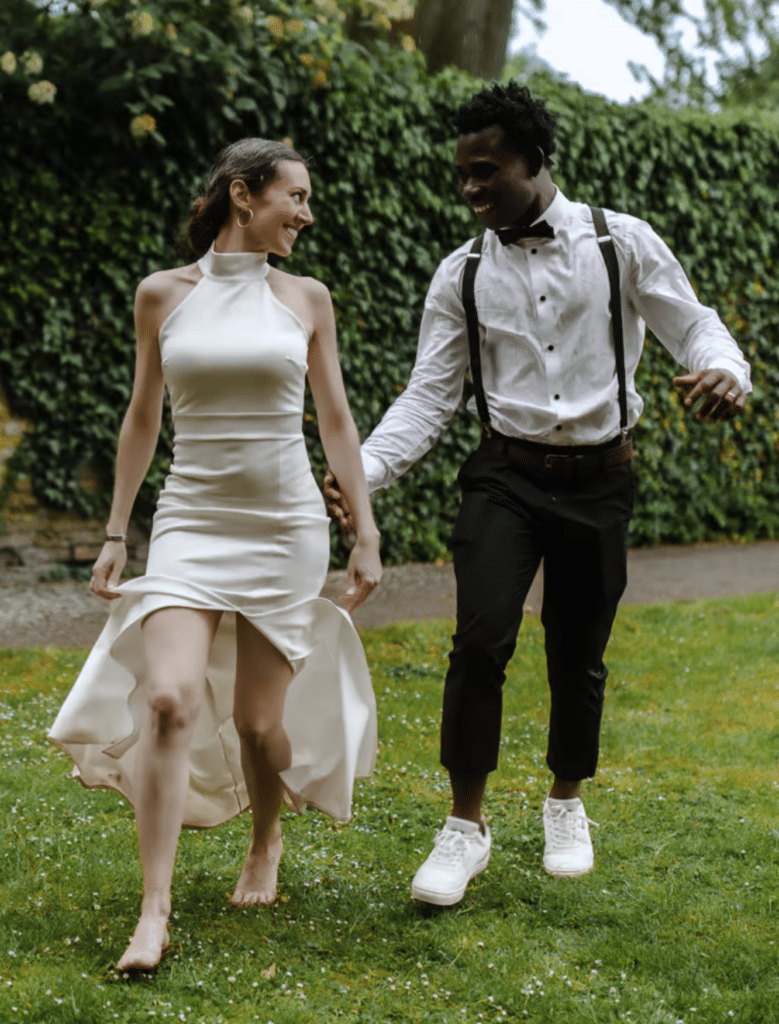Joining a German sports club is among the pleasanter ways an expatriate has of keeping fit and mixing with the local people. And, believe it or not, you can even join the club that fields one of the Bundesliga champions. There is a great deal more to a soccer club than fielding a team.
There are lesser soccer teams for youth, seniors, women and “hobbyists.” And even if it is called a soccer or marksmanship club, many other sports, for all ages, are usually offered. There may be gymnastics, track and field, field hockey, boxing, tennis, handball, rugby, table tennis, basketball, curling, volleyball and ice hockey. The clubs often have their own gym, tennis courts and other sports facilities, not to mention a cozy clubroom for unwinding after a workout. Budesliga clubs sometimes even have their own museums.
There is plenty of emphasis on sports for children and youths at the clubs. That goes particularly for the field hockey programs, in which more than half the participants, lots of them girls, are usually under 18.
The Deutsche Sportjugend or German Youth Sports organization, a subsidiary of the Deutsche Sportbund or German Sports Federation, works closely with the sport clubs to promote sports activities for children and young people. They have buses to take kids to swimming areas; It sponsors canoe and riding courses and track and field events, replete with “cake breaks”; It even helps sponsor summer camps on the North Sea or in Spain, and provides a means for kids to go on vacation whose families couldn’t otherwise afford them.
The organization of a club pretty much depends on its status. The vast majority of all clubs, the ones in the fourth and fifth level leagues, are small organizations, manned almost exclusively by unpaid volunteers. Teams in the Bundesliga 1, on the other hand, are huge organizations that play to packed stadiums and reap big sums from television rights. They have a president, several vice presidents, business managers and press officers. And they pay their players and coaches well.
The organizations of the Bundesliga 2 and Women’s Bundesliga teams are less elaborate, but they too have paid staff and players. The Regionalligas, the top amateur teams, can sometimes afford to have some professional staff too, but even the Bundesliga 1 teams depend a lot on unpaid volunteers to man the many non-Bundesliga aspects of their programs.
If you are interested in joining a sport club you should have no trouble finding one. There are more than 87,000 clubs affiliated with the “Deutscher Sportbund” (DSB) or German Sports Federation. For up-to-date sports information as well as more information on the German Sports Federation: www.deutschland.de/en/topic/life/sports-and-leisure.

